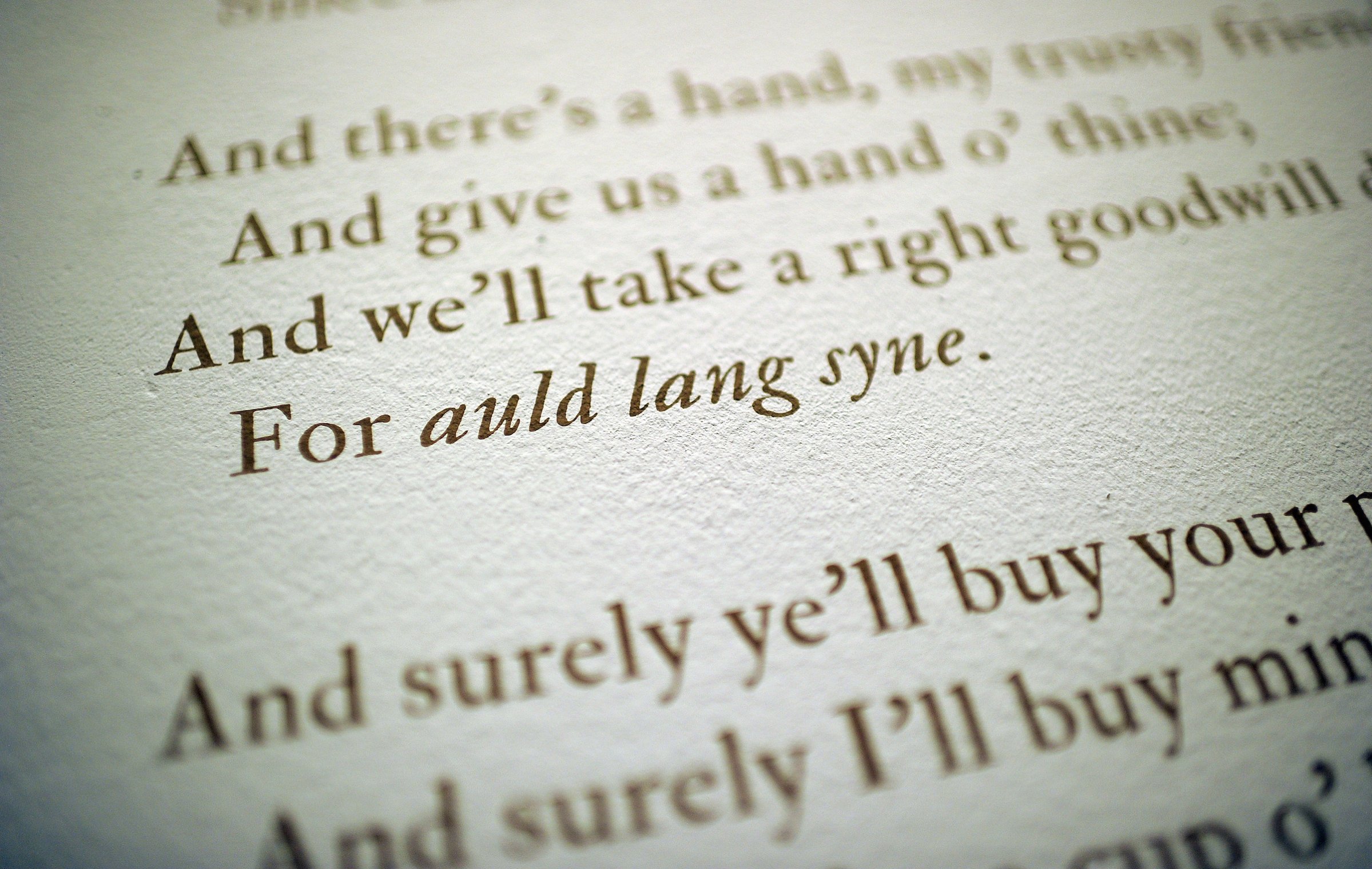
When the clock strikes midnight at the end of December 31, the first thing many New Year’s Eve revelers are likely to hear — if the noisemakers haven’t ruined their hearing yet — is the song “Auld Lang Syne.”
It’s not clear who exactly composed the music for the Scottish folk song, which has a long history of being sung to mark the end of something — or even how best to interpret the meaning of the song’s Scots language title, which is often attributed to the poet Robert Burns and could be literally translated as “Old Long Since.” (The Scottish government goes with the popular “for old times’ sake.”) What is clear is that Canadian bandleader Guy Lombardo helped make it a New Year’s Eve tradition in the United States.
Long before Dick Clark’s New Year’s Rockin’ Eve became an end-of-year entertainment tradition, there was the New Year’s Eve concert hosted by Lombardo, “the last great dance-band leader,” as TIME once called him.
“His New Year‘s Eve concerts in New York City, which began in 1929, became an institution,” the magazine noted in his 1977 obituary. “First on radio, then TV, Lombardo‘s rendition of Auld Lang Syne marked the nation’s rite of passage from the old year to the new.”
But where did Lombardo get the idea to make the song part of his New Year’s Eve repertoire? He explained the story to LIFE magazine in 1965 thus:
…nobody was sorry when the band moved east in the fall of 1929, three weeks before the crash, and settled at the Roosevelt Grill, which Lombardo chose because “the bandstand was the natural focus.” By then the band’s radio broadcasts had given it a huge following.
Lombardo doesn’t remember that first New Year’s Eve as anything special, but it was not long before he took personal custody of the event, holding it by the feat of “being on consistently,” as he points out, “from the early days of radio right through the era of television.”
The main reason why Lombardo became identified as the Ghost of New Years Past, of New Years Present, and of New Years Yet to Come, he says, “is because Auld Lang Syne is our theme song—and was long before anyone ever heard us on the radio. In our particular part of western Ontario, where there’s a large Scottish population, it was traditional for bands to end every dance with Auld Lang Syne. We didn’t think it was known here. When we left Canada we had no idea we’d every play it again.”
People then, as now, thought the song was cheesy, to which Lombardo told the magazine, “call it corny—I don’t care.”
Yet LIFE summed up how it endured, despite the complex feelings about the song that remain true today. If the song weren’t played on New Year’s Eve, “a deep uneasiness would run through a large segment of the American populace—a conviction that, despite evidence on every calendar, the new year had not really arrived.”
More Must-Reads From TIME
- The 100 Most Influential People of 2024
- Coco Gauff Is Playing for Herself Now
- Scenes From Pro-Palestinian Encampments Across U.S. Universities
- 6 Compliments That Land Every Time
- If You're Dating Right Now , You're Brave: Column
- The AI That Could Heal a Divided Internet
- Fallout Is a Brilliant Model for the Future of Video Game Adaptations
- Want Weekly Recs on What to Watch, Read, and More? Sign Up for Worth Your Time
Write to Olivia B. Waxman at olivia.waxman@time.com